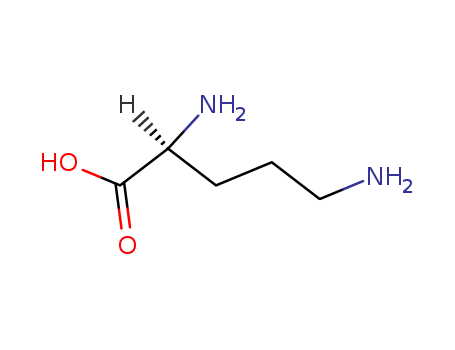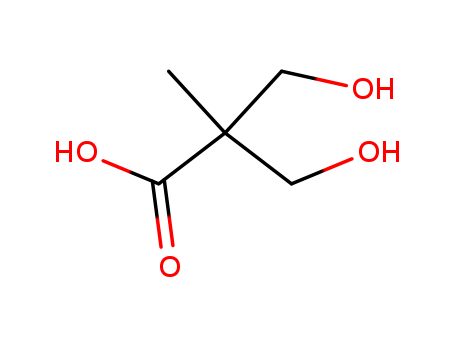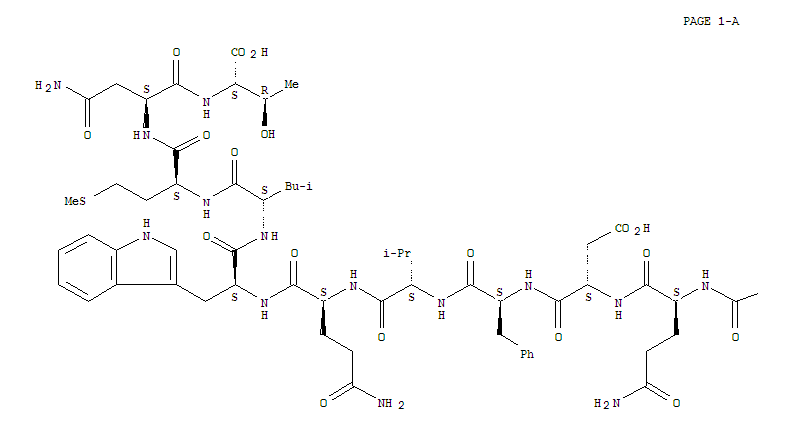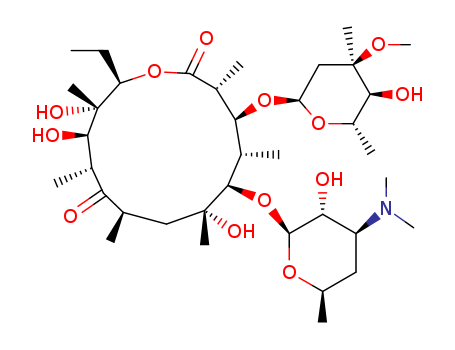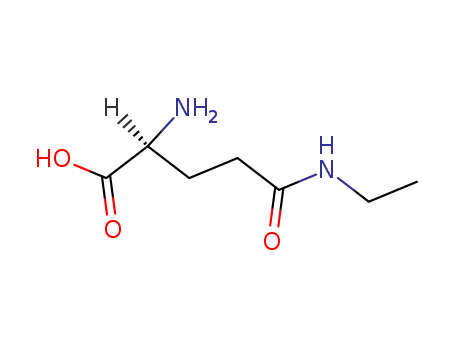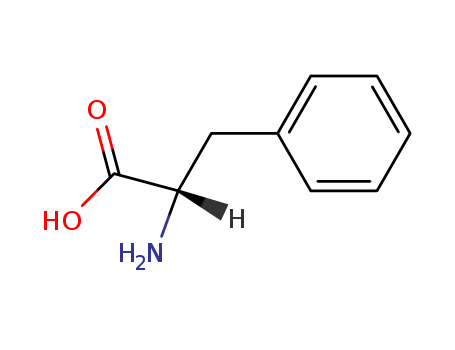Reliable Quality Erythromycin 114-07-8 Hot Sale with Chinese Manufacturer. Shanghai Wibson Biotechnology Co., Ltd. is a high-tech enterprise that mainly develops and sells pharmaceutical and chemical raw materials and other related products. The company has advanced and perfect supporting system and has formed advanced chemical synthesis technology, which can quickly meet the personalized needs and series development from suitable testing to industrial production. Products are exported to Russia, Southeast Asia and other countries, in the world has a very high reputation and visibility. The company has strong financial strength and a good operating environment, can provide customers with high-quality, efficient and fast services. We have 16 years of experience in R&D and manufacturing, we have rich experience in shipping, many well-known companies have cooperated with us, and are good at shipping various chemical products with us.We can provide OEM,ODM service with low MOQ!
What is the Erythromycin ?
Erythromycin is white to off white crystalline powder, while it's Molecular Formula is C37H67NO13. Erythromycin is a bacteriostatic antibiotic, which means it prevents the further growth of bacteria rather than directly destroying them.
What is the CAS number for Erythromycin ?
The CAS number of Erythromycin is 114-07-8.
More information of Erythromycin 114-07-8 are:
|
Synonyms
|
Erythromycin A;Erymax;Pentadecanoic acid, 3-[(2, 6-dideoxy-3-C-methyl-3-O-methyl-.alpha.-L-ribo-hexopyranosyl)oxy]- 6,11,12,13-tetrahydroxy-2,4,6,8,10,12-hexamethyl-9-oxo-5-[[3,4, 6-trideoxy-3-(dimethylamino)-.beta.-D-xylo-hexopyranosyl]oxy]-, .mu.-lactone, [2R-(2R*,3S*,4S*,5R*,6R*,8R*,10R*,11R*,12S*,13S*)]-;Taimoxin-F;EM;Abomacetin;Abboticin;Erythro;Kesso-Mycin;Erythromid;Erycin;Propiocine;Ilotycin;Prestwick_205;6-(4-dimethylamino-3-hydroxy-6-methyl-oxan-2-yl)oxy-14-ethyl-7,12,13-trihydroxy-4-(5-hydroxy-4-methoxy-4,6-dimethyl-oxan-2-yl)oxy-3,5,7,9,11,13-hexamethyl-1-oxacyclotetradecane-2,10-dione;Oxacyclotetradecane-2,10-dione, 4-[(2, 6-dideoxy-3-C-methyl-3-O-methyl-.alpha.-L-ribo-hexopyranosyl)oxy]- 14-ethyl-7,12,13-trihydroxy-3,5,7,9,11,13-hexamethyl-6-[[3,4, 6-trideoxy-3-(dimethylamino)-.beta.-D-xylo-hexopyranosyl]oxy]-, [2R-(2R*,3S*,4S*,5R*,6R*,8R*,10R*,11R*,12S*,13S*)]-; |
|
CAS Number
|
114-07-8 |
|
Molecular Formula
|
C37H67NO13 |
|
Molecular Weight
|
733.938 |
|
Density
|
1.209 g/cm3 |
|
Melting Point
|
138-140 °C |
|
Boiling Point
|
818.401 °C at 760 mmHg |
|
Flash Point
|
448.753 °C |
|
HS CODE
|
3004.20 |
|
PSA
|
193.91000 |
|
LogP
|
1.78560 |
|
Pka
|
8.8(at 25℃) |
What is Erythromycin (114-07-8) used for?
Erythromycin is a macrolide antibiotic produced by Streptomyces erythreus and is widely used to treat various bacterial infections, including respiratory, skin, and sexually transmitted infections. It works by inhibiting bacterial protein synthesis through binding to the 50S subunit of bacterial ribosomes, blocking the growth of polypeptide chains and thus inhibiting bacterial reproduction. Erythromycin is effective against a wide range of Gram-positive bacteria such as Staphylococcus and Streptococcus, some Gram-negative bacteria like Haemophilus influenzae, and atypical pathogens such as Mycoplasma pneumoniae. It is particularly useful in cases where bacteria are resistant to penicillin. The drug is absorbed well in the body, distributed widely in tissues like the liver and lungs, and reaches high concentrations in areas such as bile, urine, and pleural fluids. Erythromycin is primarily metabolized in the liver and excreted through bile and urine.
InChI:InChI=1/C37H67NO13/c1-14-25-37(10,45)30(41)20(4)27(39)18(2)16-35(8,44)32(51-34-28(40)24(38(11)12)15-19(3)47-34)21(5)29(22(6)33(43)49-25)50-26-17-36(9,46-13)31(42)23(7)48-26/h18-26,28-32,34,40-42,44-45H,14-17H2,1-13H3/t18-,19-,20+,21?,22-,23+,24+,25-,26+,28-,29?,30?,31+,32?,34?,35-,36-,37-/m1/s1
Articles related to Erythromycin:
|
Article
|
Source
|
| Erythromycin: A Microbial and Clinical Perspective After 30 Years of Clinical Use (First of Two Parts) |
Erythromycin is active against most gram-positive bacteria; some gram-negative bacteria, including Neisseria, Bordetella, Brucella, Campylobacter, and Legionella; and Treponema, Chlamydia, and Mycoplasma. The emergence of resistance to erythromycin is closely associated with its use and is often plasmid mediated. After its oral or parenteral administration, erythromycin diffuses readily into intracellular fluids and is actively concentrated intracellularly by polymorphonuclear leukocytes and alveolar macrophages.
, JOHN A. WASHINGTON II M.D. , WALTER R. WILSON M.D.
, Mayo Clinic Proceedings Volume 60, Issue 3 , March 1985, Pages 189-203
|
| Azithromycin and Clarithromycin Overview and Comparison With Erythromycin |
Although several other macrolides have been marketed in countries other than the United States, they have failed to achieve erythromycin's widespread use. Unfortunately, erythromycin suffers from several drawbacks, including gastrointestinal side effects, a short serum elimination half-life, and only borderline in vitro activity against common gram-negative respiratory pathogens such as Haemophilus influenzae.
, W. Michael Scheld , Marc S. Whitman and Allan R. Tunkel
, Infection Control & Hospital Epidemiology>Volume 13 Issue 6
|
How to get the best price on Erythromycin?
Shanghai Wibson Biotechnology Co., Ltd. is a quality supplier and manufacturer of Erythromycin . You can buy high quality, low price Erythromycin 114-07-8 here. Contact us.
 English
English 中文
中文
 English
Japanese
Russian
Korean
गोंगेन हें नांव
Deutsch
Corsu
Guarani
Hausa
Cymraeg
Nederlands
Aymara
Français
Kreyòl ayisyen
čeština
ʻŌlelo Hawaiʻi
डोग्रिड ने दी
ภาษาไทย
հայերեն
فارسی
Hmoob
ދިވެހި
भोजपुरी
繁體中文
Türkçe
हिंदी
беларускі
български
tur
Gaeilge
ગુજરાતી
Magyar
Eesti keel
بالعربية
বাংলা
Azərbaycan
Português
Suid-Afrikaanse Dutch taal
کوردی-سۆرانی
Ελληνικά
español
Frysk
dansk
አማርኛ
Bamanankan
euskara
Italiano
Tiếng Việt
অসমীয়া
català
Suomalainen
Eʋegbe
Hrvatski
Cebuano
Gàidhlig na h-Alba
bosanski
galego
English
Japanese
Russian
Korean
गोंगेन हें नांव
Deutsch
Corsu
Guarani
Hausa
Cymraeg
Nederlands
Aymara
Français
Kreyòl ayisyen
čeština
ʻŌlelo Hawaiʻi
डोग्रिड ने दी
ภาษาไทย
հայերեն
فارسی
Hmoob
ދިވެހި
भोजपुरी
繁體中文
Türkçe
हिंदी
беларускі
български
tur
Gaeilge
ગુજરાતી
Magyar
Eesti keel
بالعربية
বাংলা
Azərbaycan
Português
Suid-Afrikaanse Dutch taal
کوردی-سۆرانی
Ελληνικά
español
Frysk
dansk
አማርኛ
Bamanankan
euskara
Italiano
Tiếng Việt
অসমীয়া
català
Suomalainen
Eʋegbe
Hrvatski
Cebuano
Gàidhlig na h-Alba
bosanski
galego

